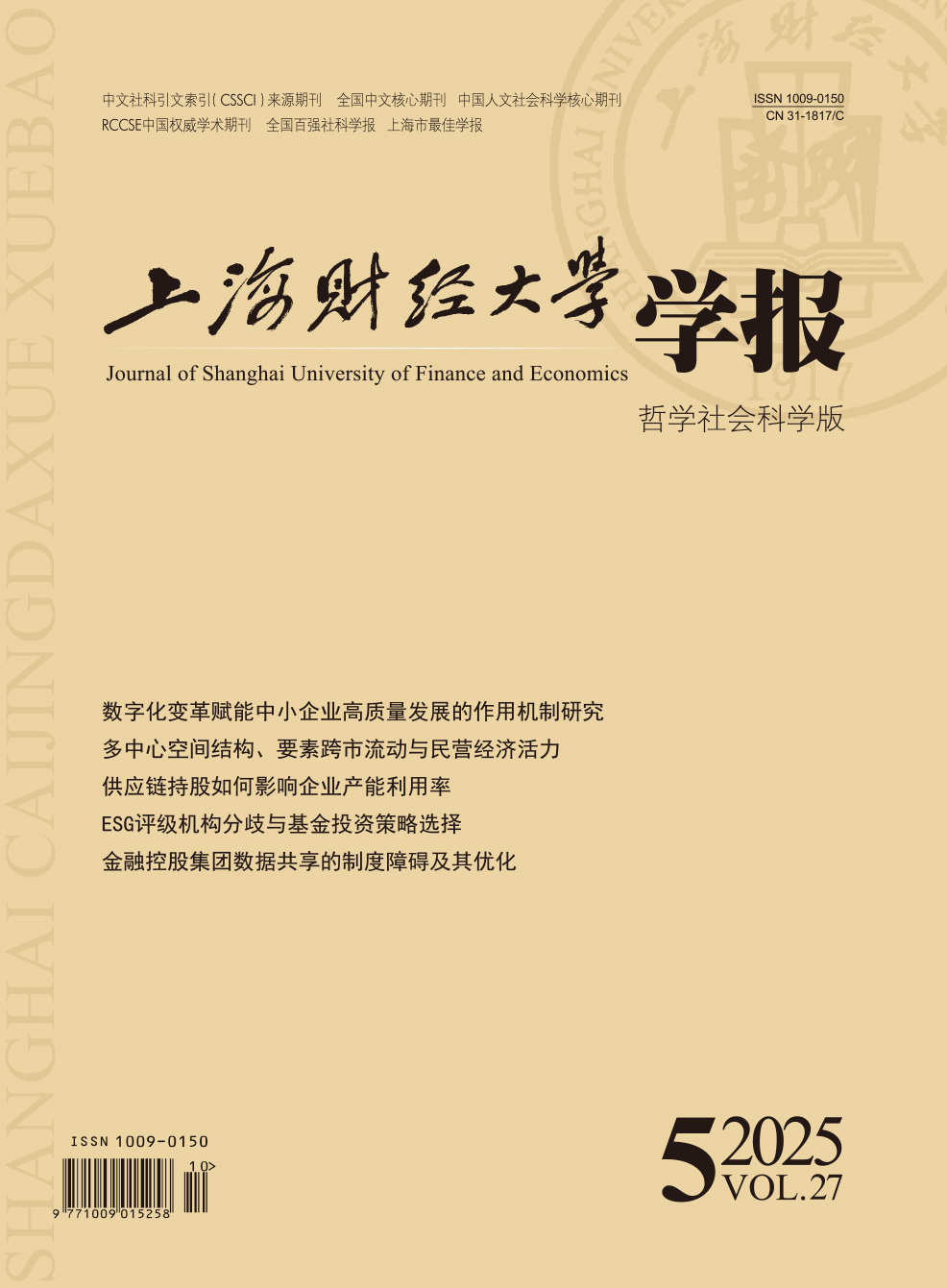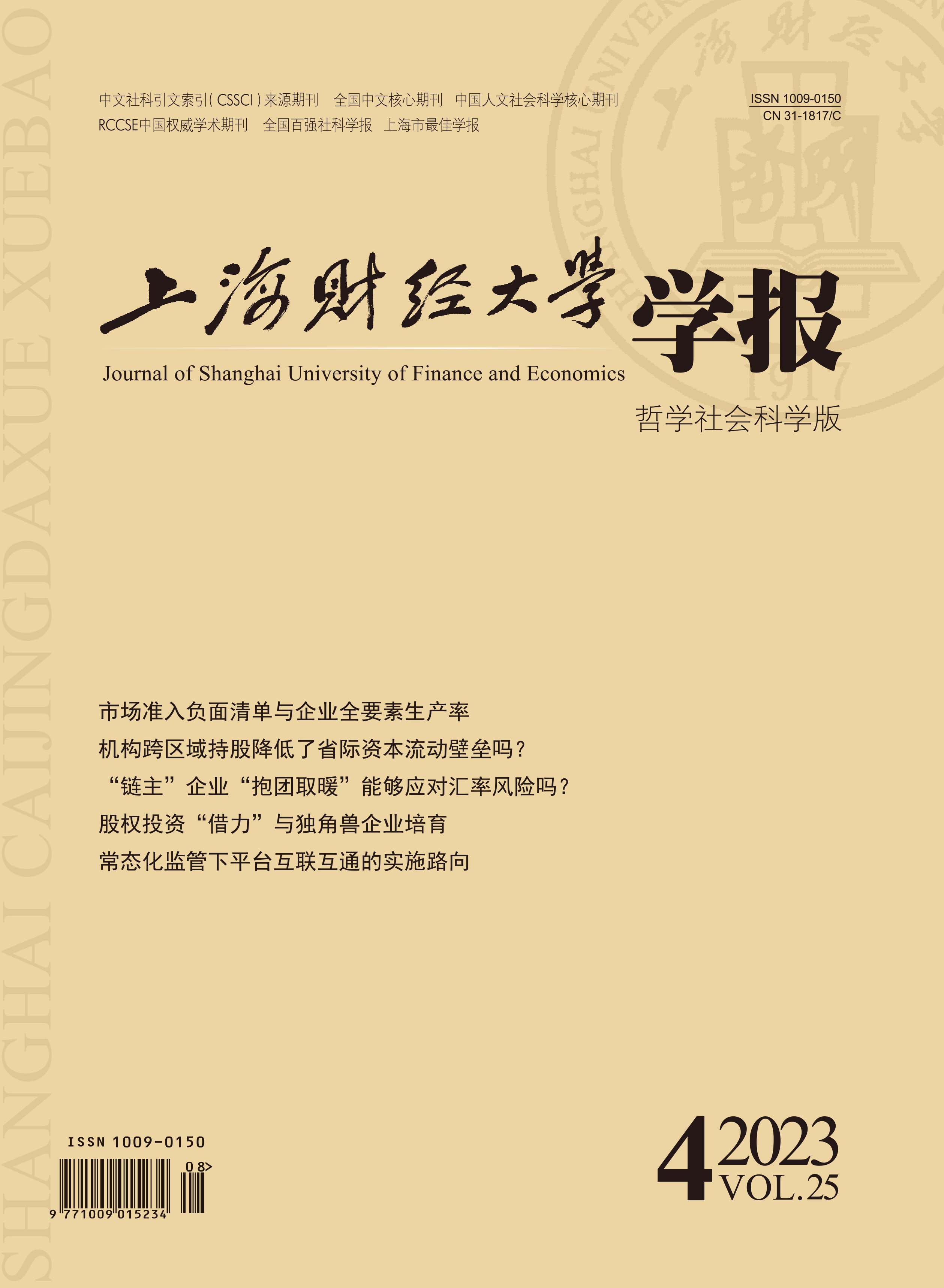The digital economy is in the ascendant and has gradually become a new driving force for economic growth. Scientific fiscal policies will help to improve the quality and efficiency of the digital economy and achieve high-quality development. In order to examine the financial effect of the digital economy industry sector, this paper takes Shanghai, where the digital economy is developing rapidly, as an example, compiles the Shanghai digital economy social accounting matrix through the transformation coefficient matrix, and builds a regional computable general equilibrium model with the regional trade characteristics. In order to effectively retain prior information, we use the CGE-SAM-GRAS method for parameter estimation to simulate and analyze the impact of implementing taxation and investment fiscal policies under the scenarios of a 5% reduction in tax revenue in the digital industrialization sector, a 5% increase in investment in the digital industrialization sector, and a 5% reduction in tax revenue in the industrial digitization sector for both digital industrialization and industrial digitization sectors. The results of the study show that both tax reduction and investment increase in the digital industrialization sector can produce a positive spillover effect. In general, tax policies outperform investment policies and the tax benefits favor higher output in the industrial sector, while increased investment is more beneficial in promoting the service sector. A 5% reduction in tax revenue in the digital industrialization sector increases output by an average of 0.443% in all sectors, 2.601% in the digital industrialization (industry) sector, and 0.185% in the financial sector; a 5% increase in investment increases output by an average of 0.282% in all sectors, 2.912% in the digital industrialization (services) sector, and 0.057% in the financial sector on average. Unfortunately, due to the insufficient integration of digital technology and traditional industries, the spillover effect of investment policies on industrial digitalization is relatively weak. Therefore, we suggest that when formulating fiscal policies, the characteristic and spillover effect of each industry in the digital economy should be considered, and differentiated taxation and investment policies should be implemented for the digital industrialization and industrial digitization sectors, so as to give full play to the positive impact of the spillover effect and achieve sustainable development of the digital economy.
 / Journals / Journal of Shanghai University of Finance and Economics
/ Journals / Journal of Shanghai University of Finance and EconomicsJournal of Shanghai University of Finance and Economics
LiuYuanchun, Editor-in-Chief
ZhengChunrong, Vice Executive Editor-in-Chief
GuoChanglin YanJinqiang WangWenbin WuWenfang, Vice Editor-in-Chief
A Research on the Taxation and Investment Spillover Effect of Digital Economy Industry: Based on Shanghai CGE Simulation Analysis
Journal of Shanghai University of Finance and Economics Vol. 25, Issue 04, pp. 93 - 107 (2023) DOI:10.16538/j.cnki.jsufe.2023.04.007
Summary
References
Summary
Keywords
Cite this article
Guan Xinjia, Liu Lanjuan, Huang Xin. A Research on the Taxation and Investment Spillover Effect of Digital Economy Industry: Based on Shanghai CGE Simulation Analysis[J]. Journal of Shanghai University of Finance and Economics, 2023, 25(4): 93-107.
Export Citations as:
For
ISSUE COVER
RELATED ARTICLES




 6788
6788  7752
7752

